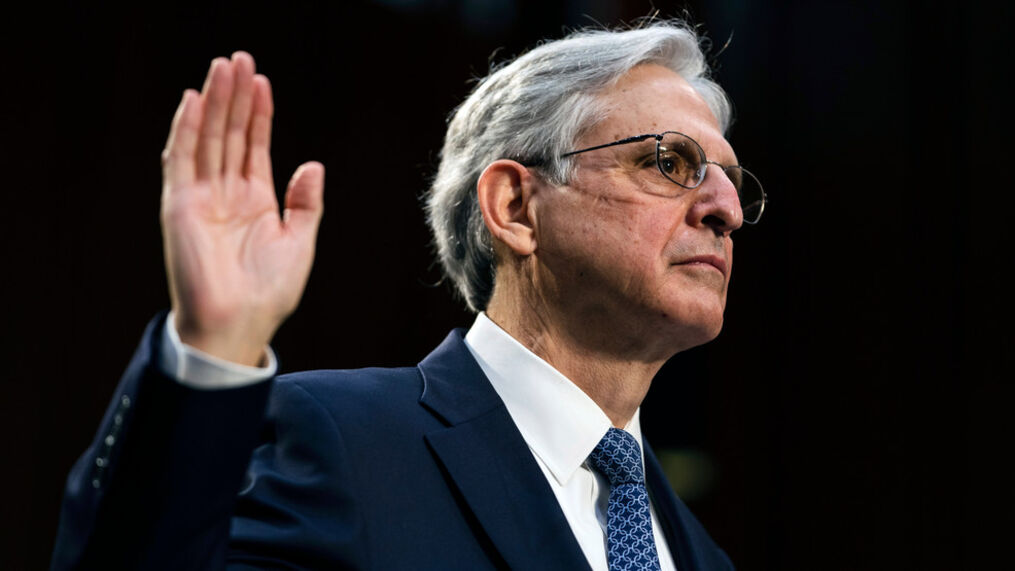Less than a month into 2018, and America's tenuous legal cannabis industry has already faced its fair share of federal scares. From Attorney General Jeff Sessions' decision to revoke the Cole Memo, which protected recreational canna-businesses from federal interference, to the uncertain status of the Rohrabacher-Blumenauer amendment during the recent government shutdown, US ganjapreneurs have been on the edge of their seat all January. But while the mainstream media continues to craft sky-is-falling narratives around legal weed, investors are diving deeper, predicting exponential growth, and funneling hundreds of millions of dollars into the industry, both domestically and abroad.
In the U.S., Seattle-based private equity firm Privateer Holdings recently closed a $100 million round of cannabis-focused funding in what's being described as the largest single investment in the history of the country's legal weed industry. With investments in strain database Leafly and Canadian cultivation company Tilray, Privateer has no plans to turn back, even with Sessions breathing down the industry's neck.
"We closed a number of investors in the last two weeks," Privateer CEO Brendan Kennedy told Marijuana Business Daily. "The memo didn't change anything for us."
But while Kennedy and his partners still have plenty of confidence in the U.S. cannabis industry's ability to survive the myriad of threats, federal prohibition continues to add a heavy dose of roadblocks, cutting off legal weed's access to both proper banking and American stock markets. Instead of folding to those barriers, though, investors are looking across the Northern border, where Canadian cannabis will be fully legal by the end of the year and market traders welcome ganja like any other commodity.
"We raised this capital from investors around the United States and around the world, and frankly, we'll deploy the vast majority of this capital outside the United States," Kennedy said. "Most of the investment opportunities we're looking at today are outside the U.S., where the pace of change in many ways seems to be happening at an even faster rate than inside the U.S."
For American cannabis companies, the allure of international funding and growth in the Canadian market offers opportunities not available in the U.S., even as excitement around stateside legalization grows by the day. According to CNBC, MedMen, a U.S.-based cannabis company with a slew of dispensaries in California and New York, plans to go public. The canna-business, however, will eventually seek a spot on the Canadian Security Exchange (CSE) instead of NASDAQ or the New York Stock Exchange.
"There is so much excitement now around legalization nationally coming in Canada," Adam Bierman, CEO of MedMen, told CNBC. "The Canadian public markets offer access to a lot of capital, with a lot of certainty and a lot of speed, and there is this appetite among global investors to invest in a U.S. play," he said. "Specifically, global investors want to invest in a U.S. play that has California exposure. Now is the time where it makes the most sense."
While Canada's largest stock exchange, the Toronto Stock Exchange (TSX), houses over $20 billion in Canadian-based cannabis capital, the CSE is home to a slew of American-based cannabis companies, compiling over $230 million in legal weed capital.
Outside of Canada's welcoming markets, ganjapreneurs and investors alike are flooding America's Northern neighbor thanks to an already-up and running international cannabis distribution network, as well as a booming local market that's set to grow even further after legal recreational sales begin later this year.
According to a newly-released report from Statistics Canada, almost 5 million Canadian cannabis users spent upwards of $4 billion dollars on reefer in 2017, both legally and illegally, though insiders predict that the illicit market will shrink in the coming years. But similar to what's happened in U.S. states like Colorado and Oregon, a boom in cultivation has meant a significant decrease in retail weed prices over the last year, with the average price of a gram dropping from $8.43 (CAD) in 2016 to $7.43 (CAD) in 2017.
Still, price drops are to be expected in any industry as production grows, and a consumer spending increase of 6% per cannabis user over the same time period suggests there will still be plenty of money to be made in Canada.
"I have a strong pipeline of Canadian and U.S. companies that have applied to list on the exchange," Canadian Security Exchange CEO Richard Carleton told CNBC. "That tells me that there is a lot of room to grow in terms of build-out of the legal cannabis structure in the U.S."
Follow Zach Harris on Twitter











